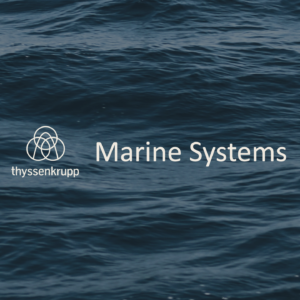
Sustainability Reporting Journey: Double Materiality Assessment
We embarked on a 6-month mission with thyssenkrupp Marine Systems. This journey began with a Double Materiality Assessment, a crucial step in identifying material ESG issues to be included in the inaugural thyssenkrupp Marine Systems sustainability report based on ESRS standards.




